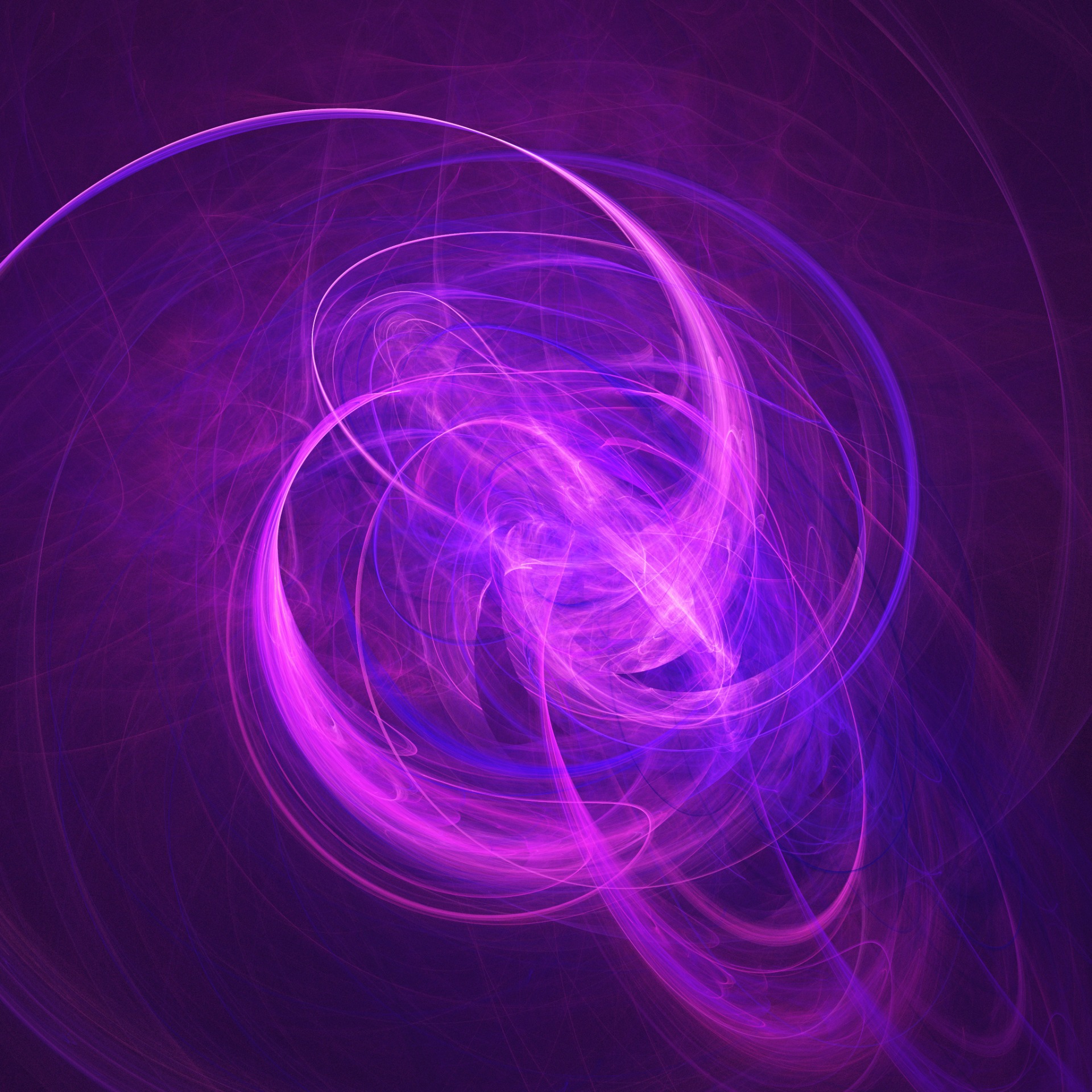
Iran: the illusion of a return to the monarchy
Do Reza Pahlavi and his supporters really believe that his status as the son of a deposed dictator gives him legitimacy?
By Nader Nouri
The regime of the mullahs in power in Iran for more than four decades is living a crucial moment in its harmful existence since an unprecedented great uprising has confronted it with the greatest challenge since its advent. The impasse is total in all areas, political, social and above all economic. Mired in many deep crises, the theocracy founded by Ayatollah Khomeini in 1979 is notably faced with an inextinguishable popular anger, to which it has no response except more repression, hangings, embastillation of opponents and activists of civil society, kidnappings, enforced disappearances, hostage-taking, etc.
The popular uprising sparked in September 2022 by the death of Mahsa (Jina) Amini, a 22-year-old young woman in detention for an "incorrectly worn" veil, quickly gained momentum, as Iranians descended en masse on the street calling for the overthrow of the dictatorship. This revolt continued for months in the form of mass demonstrations, large rallies, the attack on symbols of political power, even those considered "religious", carried out by resistance units made up of young militants ready to sacrifice their lives to bring down tyranny and establish a true secular republic based on humanist principles, democracy and freedom. The regime responded as usual with a fierce crackdown that left more than 700 people dead, including four young protesters hanged on false charges of murder and undermining national security, and hundreds injured. More than 30,000 protesters were arrested, often tortured before being imprisoned, according to reports from human rights NGOs.
Under these conditions and despite the repression and attempts by the ayatollahs and their "Islamic Revolutionary Guard Corps/IRGC" to project a false image of normality, the protest movement for change is showing unexpected resilience; the economic and social situation in the country has worsened over the past six months, and there is every reason to believe that a social explosion from a higher power could take place at any moment. The international community cannot allow itself to ignore the aspiration of a society in search of human dignity, to limit the fate of an immense country of 85 million inhabitants and of growing strategic importance to the nuclear issue of a Islamist state condemned to disappear sooner or later, according to seasoned analysts and more than one political decision-maker in the West. So and as the West adapts to the new realities of Iran, the question of a democratic alternative arises more than ever.
This is all the more true since marginal figures and minor extras who have been largely inconsequential for years now claim to be among the regime's credible opponents. The most unusual of them is Reza Pahlavi, the son of the last Shah who was deposed in 1979 following a major popular uprising, the result of years of indignation and dissatisfaction with the corruption and oppression of the latter, his imperial court. and its formidable political police, the famous SAVAK.
While it is true that the Iran of the Shah's time was very different from the Iran of today, it would be wrong to conclude that it was a more humane or more tolerant time. , or a time to which Iranians wish to return after having lived through the ravages of the Islamist system. It should be emphasized that no one at the time of the anti-monarchy uprising had foreseen that the end of the reign of the dictatorial Pahlavi dynasty would lead to almost half a century of an ultra-violent Islamist regime in the hands of the mullahs .
In a clearly opportunistic way, sensing the climate of the end of reign in Iran, on February 10, 2023 in Washington, the creation of an unofficial coalition around Reza Pahlavi, the son of the former dictator, was declared to collapse… two months later! Main cause: the latter's insistence on bringing several hard-line royalists into the "council" to tip the scales in his favor. Result: Reza Pahlavi, who never clearly condemned the abuses committed during the reign of his father, nor officially renounced his claim to the throne, is today surrounded by ultranationalist monarchists displaying a fascistic reading of the monarchical institution. Their main watchword boils down to the preservation of the "territorial integrity" of the country, thus taking up one of the pretexts of the Islamist regime in power to suppress the uprising: "the country is threatened with dismemberment in the event of the fall of the regime". By treating the various nationalities and ethnic groups of Iran, such as the Kurds, the Baluchis, the Arabs or still others, as "separatists", Reza Pahlavi and his supporters, who do not enjoy significant popular support in Iran, play this fact, voluntarily or involuntarily, the game of the mullahs.
Inside the country, there is no sign that the new generation of Iranians, the very many who were behind the major challenge to the regime, want a "Restoration", a hypothetical return to a system of government that has been overtaken by wear of time and its own nature, far removed from constitutional monarchies in the West. Thus, Reza Pahlavi has become the man capable of carrying high the colors of xenophobic monarchists of all stripes, but not the one who can guarantee them frankness.
